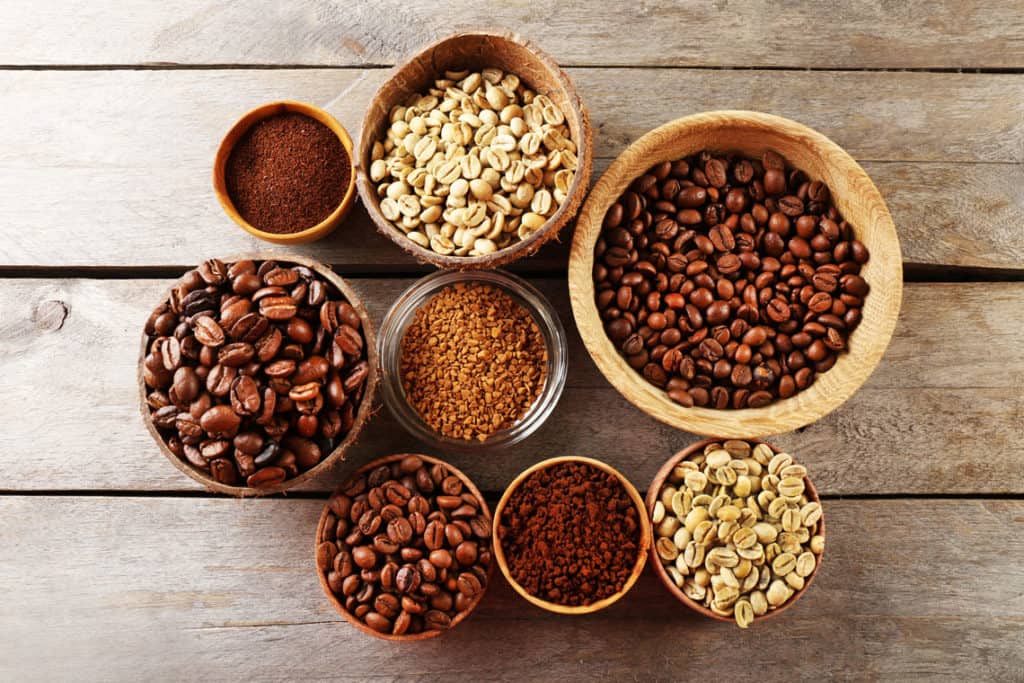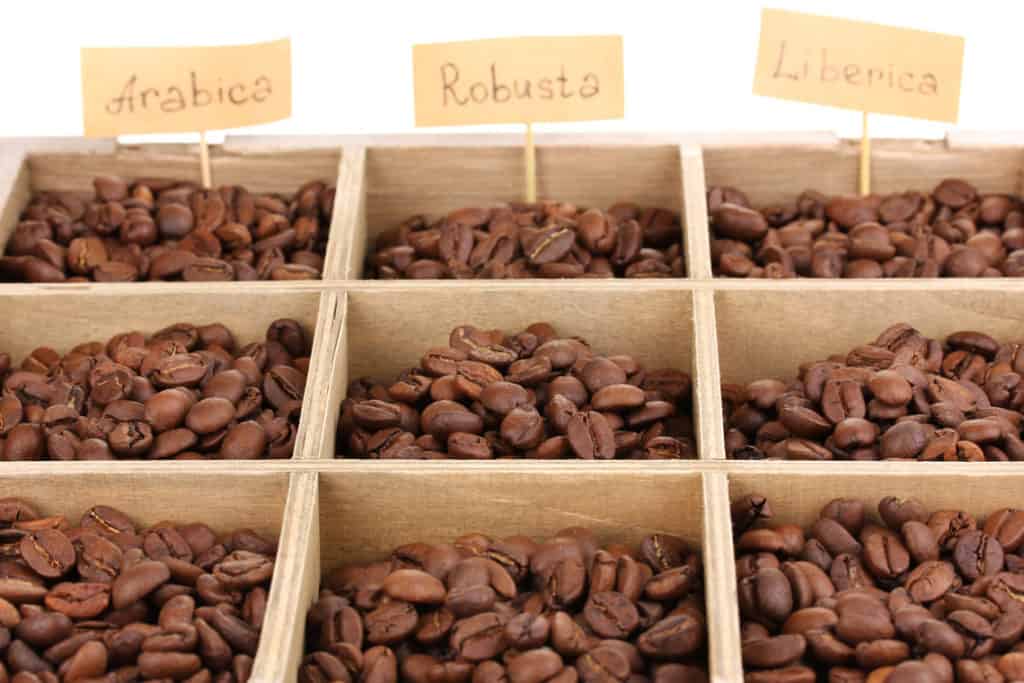If you’re a coffee lover, you’ve probably noticed that there are two main types of coffee beans available: single-origin and blends. But what do these terms mean, and how do they affect the taste and quality of your brew? In this article, we’ll explore the differences between single-origin and blended coffees, and help you find your ideal cup.
What is Single-Origin Coffee?
Single-origin coffee is coffee that comes from one place, and one place only. This could be a single farm, a specific region within a country, or occasionally, an entire country itself. What distinguishes single-origin coffee is its unique taste, a result of the specific environmental conditions of its birthplace, including climate, soil, and altitude.
There are about 70 countries in the world that grow coffee, although not all of them are coffee exporters. Each of these countries produces unique single-origin coffees, with the special case of Ethiopia, the birthplace of the coffee plant, which boasts over a thousand different varieties.
What is Blended Coffee?
Blended coffee, on the other hand, is a mix of beans from different origins. These blends are created to balance flavor profiles, create consistency, or enhance specific characteristics. They could be a marriage of beans from different countries or different regions within the same country.
A majority of coffee sold worldwide is a blend. This highlights the popularity of blends, thanks to their consistent taste and balanced profile.
How Do Single-Origin and Blended Coffees Differ in Taste?
One of the main differences between single-origin and blended coffees is that single-origin coffees tend to have a distinct, pronounced flavor profile, and are often less well-rounded than blends. These beans are like a solo performer on a stage, allowing you to experience the unique taste, be it floral, fruity, or chocolatey, influenced by its specific growing conditions.
Blended coffees, meanwhile, are like an orchestra, with each bean playing a different instrument. They’re crafted to provide a balanced, well-rounded flavor. For instance, a blend might combine the bright acidity of a Kenyan bean with the chocolatey richness of a Brazilian bean.
How Do Single-Origin and Blended Coffees Differ in Roasting?
Another difference between single-origin and blended coffees is that they may require different roasting techniques to bring out their best flavors. Single-origin coffees are usually roasted lighter to preserve their unique characteristics, while blends are often roasted darker to create a more uniform and robust flavor.
Lighter roasts tend to highlight the natural acidity and sweetness of the beans, while darker roasts tend to emphasize the bitterness and body of the beans. Roasting also affects the caffeine content of the beans: lighter roasts have more caffeine than darker roasts.
How Do Single-Origin and Blended Coffees Differ in Brewing?
The choice of brewing method can also affect how single-origin and blended coffees taste. Some brewing methods, such as pour-over or French press, can highlight the nuances and complexity of single-origin coffees, while others, such as espresso or drip, can benefit from the balance and consistency of blends.
Pour-over and French press methods allow for more control over the extraction process and produce a more flavorful and aromatic brew. Espresso and drip methods rely on pressure or gravity to force water through the grounds and produce a more concentrated and consistent brew.
How Do Single-Origin and Blended Coffees Differ in Freshness and Seasonality?
Single-origin coffees are more sensitive to freshness and seasonality than blends. Because single-origin coffees are harvested at specific times of the year, they have a limited availability and shelf life. Blends, on the other hand, can be produced year-round by mixing different beans from different origins.
Freshness affects the quality and flavor of coffee beans: fresh beans have more oils and aromas than stale beans. Seasonality affects the supply and demand of coffee beans: seasonal beans may be more expensive or scarce than non-seasonal beans.
Which is Better: Single-Origin or Blends?
Honestly, this is like choosing between a fine single malt whisky and a crafted cocktail. Both have their merits and can offer a satisfying experience. It’s about personal preference.
- Single-origin coffees are perfect for those who enjoy exploring unique, often complex flavors. It’s like a flavor adventure, with each cup giving you a taste of its unique origin.
- Blends are excellent for those who value consistency and a balanced taste. They are typically created with a specific flavor goal in mind, providing a reliable cup of joe every time.
Why the Difference Matters
If you’re a coffee enthusiast, the difference between single-origin and blends is more than just a label on your coffee bag. It’s about understanding the artistry and complexity behind every cup of coffee you brew.
- Appreciating the Art: Each single-origin coffee is a testament to the terroir of its region, while each blend is a testament to the skill of the roaster in harmonizing different flavors.
- Exploring Flavors: Both single-origin and blends provide an avenue to explore a multitude of flavor profiles. They offer an exciting way to travel the world right from your coffee cup.
- Ethical Considerations: Single-origin coffee often allows for more traceability which can be important if you’re concerned about ethical sourcing and supporting specific coffee-growing communities.
The Final Verdict
Whether you prefer single-origin coffee or a well-crafted blend remember that good coffee is subjective. It’s what suits your palate matches your mood or fits the moment. Coffee is a journey and single-origin and blended beans are but two paths you can choose to explore.
So grab your favorite cup be it single-origin or blend and savor the wonderful world of coffee it opens up to you.
Last Updated on June 7, 2023 by Cristina Vélez




